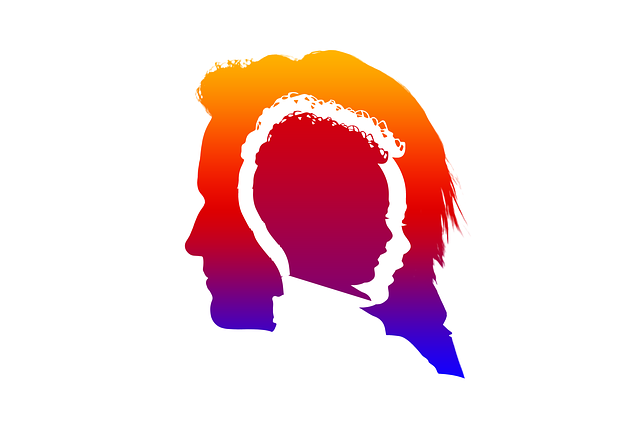The classic study on Adverse Childhood Experience (ACE) conducted by CDC-Kaiser Permanente with more than 17,000 members of a health organisation found that two thirds had suffered at least one ACE and more than 20% reported suffering three or more adverse experiences in childhood. Adverse childhood experiences cover the whole gamut of experiences resulting in immediate and long-term effects on a child – the experiences cover aspects such as physical, psychological or sexual abuse, violence in the home, mental illness of carers, separation from parents at an early age, divorce or suicide within the family. ACEs occur irrespective of gender, culture, context or economic status – although, children in poverty situations are more likely to experience ACEs. The range of adverse childhood experiences is extensive, their incidence is extremely high, and their impacts are long-lasting.
The impacts of adverse childhood experiences
This is an area that has been extensively researched and documented. CDC (Centers for Disease Control and Prevention) summarises the long-terms effects of ACEs in terms of their physiological, mental, relationship and behavioural impacts. The impacts are far-reaching and long-lasting. Nadine Burke Harris found in her research that toxic stress arising from adverse childhood experiences changes a person’s biological and neurological make-up and can result in an over-active stress response.
Nadine was inspired by the ACE study mentioned above and undertook extensive reading of research results and conducted her own research. In a TED talk, she shared her conclusions that early childhood experiences and related trauma impacted every area of a developing mind and body:
High doses of adversity [in childhood] not only affect our brain structure and function, they affect the developing immune system, developing hormonal systems and even the way our DNA is read and transcribed.
Preventing and healing the impacts of adverse childhood experiences
Nadine has dedicated her life and work to redressing the impacts of adverse childhood experiences and related childhood trauma. In 2007, she founded, as medical director, the Bayview Child Health Center (BCHC) which is not only focused on individual child health and wellness but also activism, education and community development.
Also, as a founding member and CEO of the Center for Youth Wellness, Nadine has contributed substantially on a global basis to the development and implementation of strategies to prevent and heal the impacts of adverse childhood experiences in individuals, communities and society generally. Some of the strategies developed by the Center and other activists in the area include:
- Parental education in childhood development, sources of stress, the impacts of adverse childhood experiences and positive parenting
- Multidisciplinary health care teams for children and youth
- Screening for adverse childhood experiences by primary medical health practitioners and paediatricians
- Community development to create social support systems and collaborative caring environments
- Interventions in schools and political systems to raise awareness, support policies and action plans
- Dissemination of the latest research into the nature and impacts of adverse childhood experiences.
- Carer support centres
- Early detection, intervention and home visitations for identified at-risk situations for children
- Enabling reconnection with others through social prescribing and encouraging reconnection with nature
- Adopting the guidelines and principles of trauma-informed mindfulness.
Nadine has documented her research and work in the area through her recent book, The Deepest Well: Healing the Long-Term Effects of Childhood Adversity. Together with other concerned professionals, parents and community members from the Center for Youth Wellness, Nadine has contributed to the development of the Stress Health website designed to help carers and parents to develop the basic components of a child’s life that will protect them, or help to heal them, from toxic stress. The website provides an ACE quiz based on the original ACE study to help you identify for yourself or your child the level of toxic stress experienced in childhood. On completing the quiz, you are given access to several suggested strategies for stress reduction, including mindfulness.
Reflection
Many of us have experienced one or more adverse childhood events. The care and concern of a loving friend or relative may have been instrumental in helping us to overcome or, at least, reduce the impacts of these experiences in our life, work and relationships. Other formative experiences such as personal study, community engagement or personal development may have helped also. As we grow in mindfulness, we can develop a deepened self-awareness and understanding of the impacts of adverse childhood experiences in our own lives, and increase our capacity for self-regulation to reduce those impacts.
____________________________________________
Image by Gerd Altmann from Pixabay
By Ron Passfield – Copyright (Creative Commons license, Attribution–Non Commercial–No Derivatives)
Disclosure: If you purchase a product through this site, I may earn a commission which will help to pay for the site, the associated Meetup group and the resources to support the blog.

One thought on “Healing the Impacts of Adverse Childhood Experiences and Childhood Trauma”